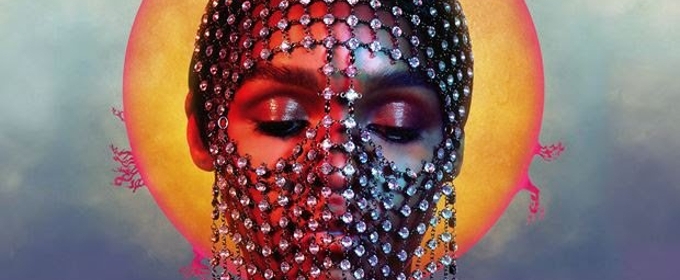Dirty Computer: a Futuristic Look at the Present
May 29, 2018
On April 27th, R&B artist Janelle Monae returned to music with her fourth studio album Dirty Computer. After finishing her three-part concept album in 2013, Monae took a hiatus from music, pursuing an acting career, even performing in Academy Award-nominated—and winning—films like Hidden Figures and Moonlight. Now, Monae is back to her roots: music.
Monae has always enjoyed the inclusion of science fiction-related elements in her music. For instance, her first three studio albums are all based on Fritz Lang’s sci-fi film Metropolis. Dirty Computer doesn’t stray far from that theme, but instead of this album being specifically based on that film, it’s an original story. Monae pairs Dirty Computer with what she calls an “Emotion Picture,” a series of videos that go along with her vocal tracks.
So what does it mean to be a Dirty Computer? In Monae’s eyes, to be a Dirty Computer is to be an outsider in society, a perspective that Monae explores throughout her album. The “Emotion Picture” begins with a scene of Monae lying on an operating table, being forced to say she’s a “Dirty Computer” who needs to be cured. Monae creates the atmosphere of a 1984-like dystopian society wherein everyone must follow the same ideals. Everyone is forced to conform to one set standard, thus eliminating the “Dirty Computers.” The film then travels through Monae’s memories of forced conformity, with each memory being a new song/music video and each music video functioning as a cleansing of her bugs.
Monae’s career has always revolved around the idea of non-conformity. In her early career, she chose to incorporate androgynous styles in her appearance, constantly teetering on the border of male and female. Her most common early look featured a tailored suit and a coiffed Afro. She even tackles this issue in her track “Django Jane,” singing, “Remember when they said I look too mannish?” Although Monae has ditched the suit and the coiff, she still sticks to her original ideal of non-conformity. Dirty Computer functions as a social justice statement. She sings about a myriad of issues facing our world today, such as the Black Lives Matter movement, the wage gap, growing up in poverty, sexuality, women’s empowerment, fake news, and the Me Too movement.
What I particularly enjoyed about the album was that Monae spread her social commentary throughout each and every song, as opposed to leaving it in just one track. This means that each and every song carries an underlying theme of empowerment, which is seen plainly on the tracks “Pynk” and “Django Jane.”
The timing for this album is apt. In our current political climate, it’s critical to shed light on the problems facing our society today. Additionally, Monae fully embodies every “dirty” idea she meant to portray, and the songs are phenomenal. Some of my personal favorites are “Crazy, Classic, Life,” “Take a Byte,” “Screwed,” “Pynk,” and “Make Me Feel.” The “Emotion Picture,” too, is visually stunning. Every outfit that Monae wears in the film combines futurism with modern streetwear, and every location she filmed at helps to convey her message. Monae was able to get across everything she wanted to with this album, and it came out at the perfect time.

















































































































































